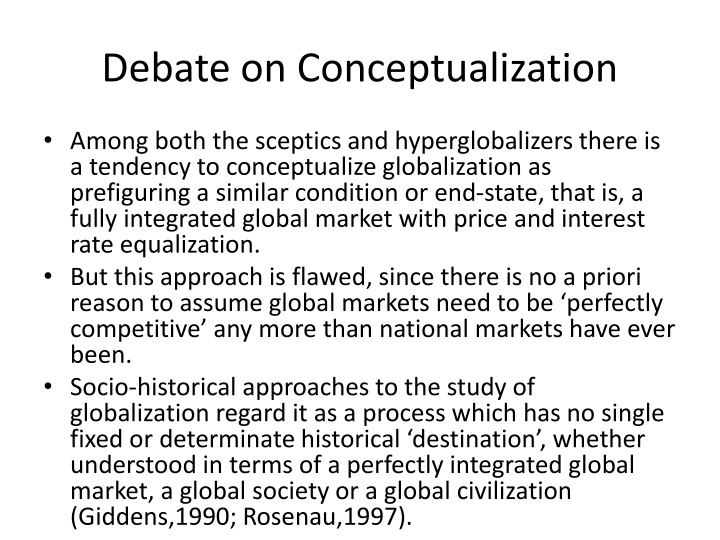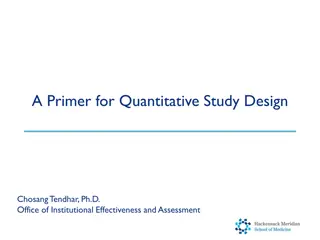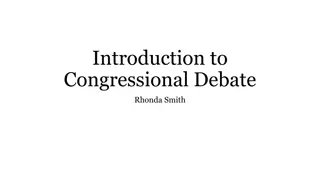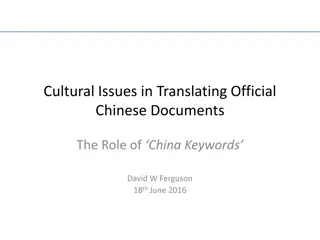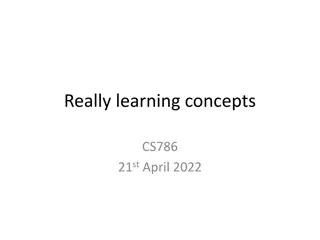Debate on Conceptualization
Among sceptics and hyperglobalizers, there is a tendency to conceptualize globalization as prefiguring a fully integrated global market with price and interest rate equalization. However, socio-historical approaches view globalization as a process with no fixed historical destination, challenging the idea of globalization as a singular process or directly equivalent to Westernization.
Download Presentation

Please find below an Image/Link to download the presentation.
The content on the website is provided AS IS for your information and personal use only. It may not be sold, licensed, or shared on other websites without obtaining consent from the author.If you encounter any issues during the download, it is possible that the publisher has removed the file from their server.
You are allowed to download the files provided on this website for personal or commercial use, subject to the condition that they are used lawfully. All files are the property of their respective owners.
The content on the website is provided AS IS for your information and personal use only. It may not be sold, licensed, or shared on other websites without obtaining consent from the author.
E N D
Presentation Transcript
Debate on Conceptualization Among both the sceptics and hyperglobalizers there is a tendency to conceptualize globalization as prefiguring a similar condition or end-state, that is, a fully integrated global market with price and interest rate equalization. But this approach is flawed, since there is no a priori reason to assume global markets need to be perfectly competitive any more than national markets have ever been. Socio-historical approaches to the study of globalization regard it as a process which has no single fixed or determinate historical destination , whether understood in terms of a perfectly integrated global market, a global society or a global civilization (Giddens,1990; Rosenau,1997).
Debate on Conceptualization (contd.) Thus for the transformationalists globalization is conceived in terms of a more contingent and open-ended historical process which does not fit with orthodox linear models of social change (no a priori assumption to understand globalization in relation to a single ideal condition-perfect global markets). Linked to the issue of globalization as a historical process is the related matter of whether globalization should be understood in singular or differentiated terms. Much of the sceptical and hyperglobalist literature tends to conceive globalization as a largely singular process equated mostly with economic or cultural interconnectedness. Some scholars like Giddens feel it is by no means clear why it should be assumed that it is a purely economic or cultural phenomenon. Thus, accounts of globalization which acknowledge this differentiation may be more satisfactory in explaining its form and dynamics than those which overlook it.
Debate on Causation The issue of causation is one of the central contentions in the globalization debate. The existing accounts tend to cluster around two distinct sets of explanations in answering the question what is driving the process of globalization. Some accounts identify a single or primary imperative, such as capitalism or technological change; and Some other accounts explain globalization as the product of a combination of factors, including technological change, market forces, ideology and political decisions. The distinction is effectively between mono-causal and multi-causal accounts of globalization-one too reductionist and the other a comprehensive explanation of globalization highlighting the complex intersection between a multiplicity of driving forces.
Debate on Causation (contd.) But the controversy about the underlying causes of globalization is connected to a wider debate about modernity. i. For some, globalization can be understood simply as the global diffusion of Western modernity, that is, Westernization- e.g. World Systems Theory equates globalization with the spread of Western capitalism and Western institutions. ii. Others draw a distinction between Westernization and globalization. At stake in this debate is a rather fundamental issue: whether globalization today has to be understood as something more than simply the expanding reach of Western power and influence.
